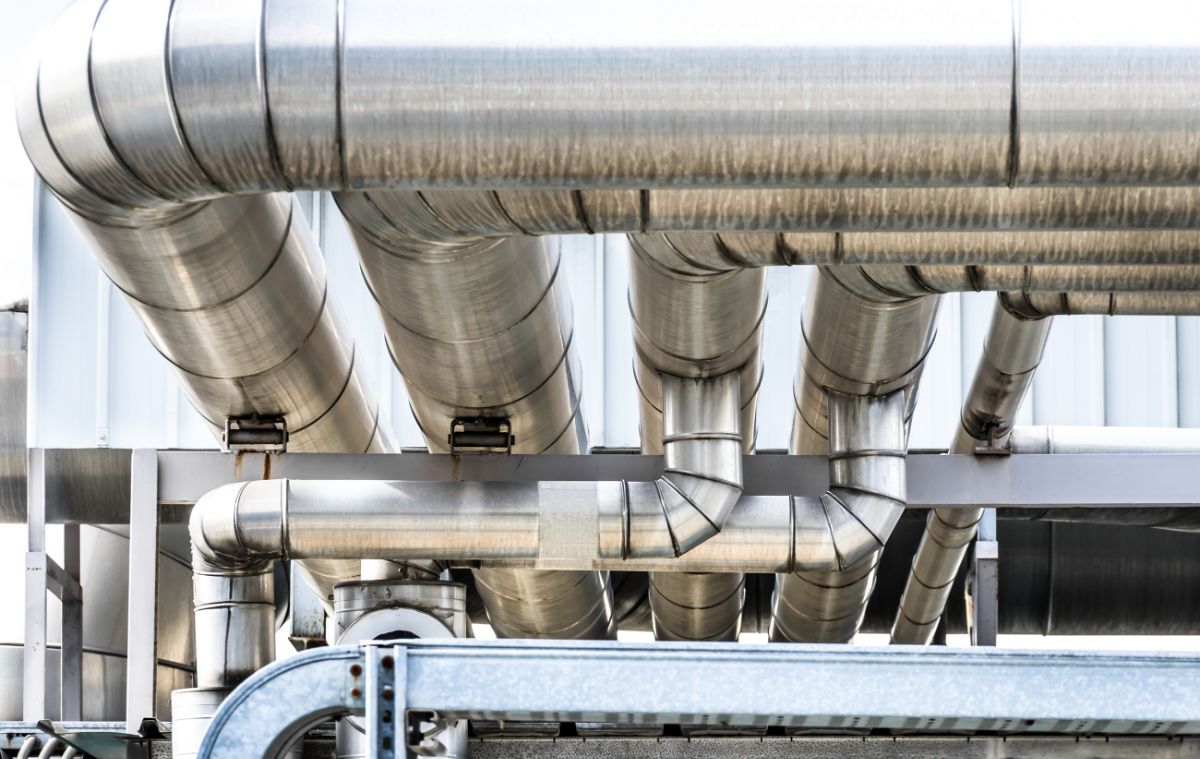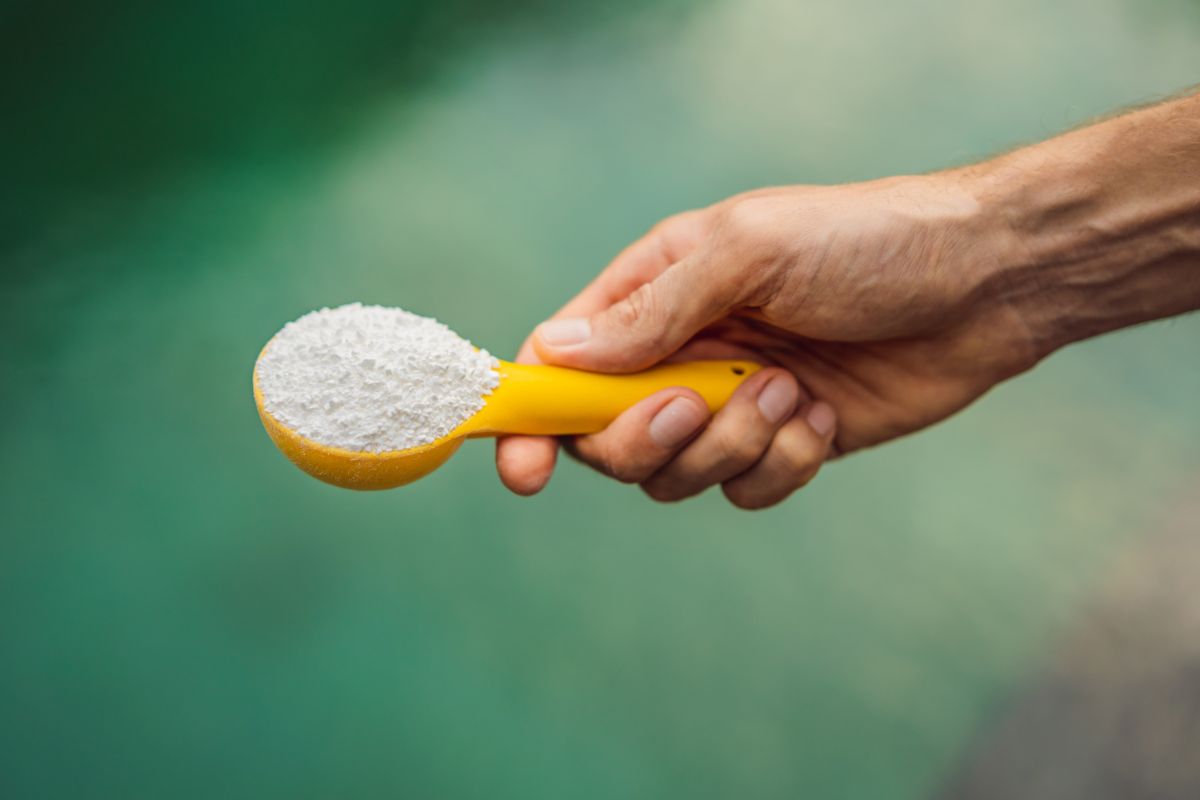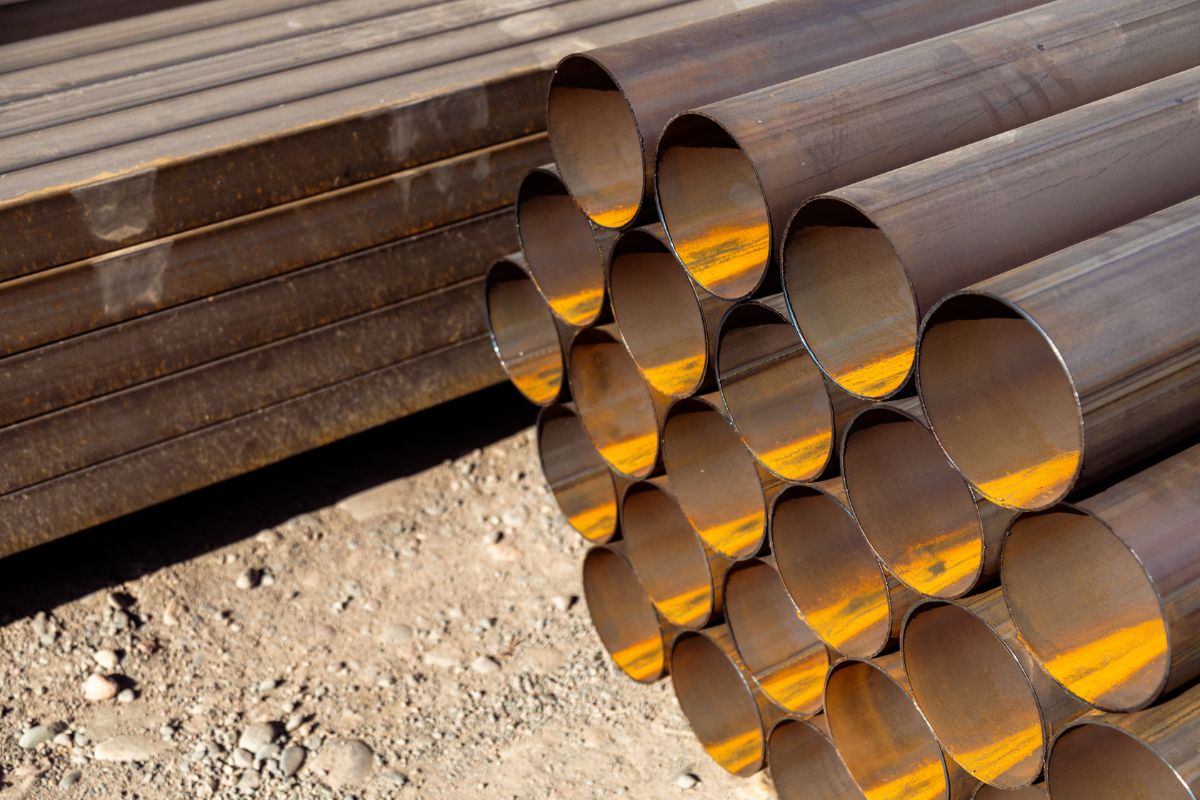
8 Effective Ways To Prevent Water Corrosion in Pipes
What are the effective ways to prevent water corrosion in pipes?
- Pipework pre-installation cleaning
- Adjust the alkalinity
- Add chlorine to the water
- Add phosphates to the water supply
- Add linings and coatings to metal surfaces
- Keep the structures stable
- Keep the steel pipes from other metals
- Keep an eye on the water pressure
Many pipes are susceptible to corrosion because of various factors. This can happen externally and internally, depending on the kind of environment the pipe is exposed to. Unfortunately, when this happens, the pipe starts to abruptly disintegrate. Fortunately, there are some effective ways to prevent water corrosion in pipes from becoming a threat. Keep reading to learn more!
Pipework pre-installation cleaning
Water corrosion begins when the surface of a pipe starts to disintegrate. This is when you’ll spot rust on the surface. As rust oxidizes on the surface, the pipe becomes more brittle.
Many facilities can prevent this prior to installation by cleaning the pipework. During the process, the inside of the pipes is flushed using water. This takes out any dirt and debris from inside the pipework. You can also use a mild cleaning agent while doing so.
By cleaning the pipes, you increase their longevity by ensuring that there are no unwanted substances inside the pipe before installation.
Adjust the alkalinity
Another effective and quick way to prevent water corrosion is to adjust the alkalinity or pH levels of the water. There are times when the acidity of water is affected because of minerals from rocks and acid rain, making pipes more prone to rusting if this water gets into the system.
To adjust alkaline levels, the water must be filtered. Afterward, safe chemicals are added to prevent rusting on the pape. This process is best accomplished with the help of a professional.
Add chlorine to the water

Unfortunately, microbiological contamination of the water supply is also one of the causes of water corrosion. To fight this, facilities can add to the water supply. This is an effective way of keeping your water safe while also preventing water corrosion, to avoid further problems.
But, why chlorine? That’s because chlorine has excellent disinfectant properties that combat various bacterial problems. However, just like adjusting the levels of alkaline, this process is best left to a professional. It can have negative effects on the pipes such as an increase in corrosion if done incorrectly.
Add phosphates to the water supply
Another good water treatment aside from chlorine is phosphate. It offers a protective mineral scale layer on the inside of service pipes and household water lines — helping to keep the pipelines safe from water corrosion.
Phosphates act as a corrosion inhibitor to your pipework. This water treatment should also be handled by professionals who are experts at this type of treatment.
Add linings and coatings to metal surfaces

By adding special linings and protective coatings, facilities can help prevent water corrosion in pipes as well as other surfaces. This includes beams, bolts, and joints — where corrosion usually takes place.
For instance, galvanization helps prevent water corrosion by adding a zinc layer to your steel pipes. You can also use a sealant to avoid corrosive bacteria from staying on the surfaces.
Keep the structures stable
To avoid water corrosion before pipes are even installed, facilities should keep the structures of your pipes stable. Unstable movements such as bouncing, friction, and jiggling cause wear on the steel pipes. When the openings start to form, corrosive material knocks in leading to water corrosion. Facilities can use restraints such as straps, clamps, or u-bolts to prevent vibrations that can lead to breakage and later on corrosion.
Keep the steel pipes from other metals
Water corrosion can also occur when one metal pulls electrons from another kind of metal. The result? A weakened section and an unstable structure. To protect your pipes against water corrosion, it’s best to insulate the metal. You can also consider installing insulators that add a buffer between the metals to make them more durable and longer.
Keep an eye on the water pressure
Steel pipes get stressed, too. It happens when there are high levels of water pressure which then subject the pipes to a big deal of stress, taking them a step closer to corrosion. Therefore, any inconsistency or high water pressure issue you may see in the future needs to be addressed as soon as possible.
Key Takeaway
Water corrosion is an issue that facilities should not overlook. So, to keep corrosion at bay, keep these effective ways to prevent water corrosion in pipes in mind.
If you’re looking for pipes with anti-corrosive properties, contact us here at Supreme Pipe Corp. — the best steel pipe supplier in the Philippines! We provide our clients with various kinds of pipes that have anti-corrosive properties.


